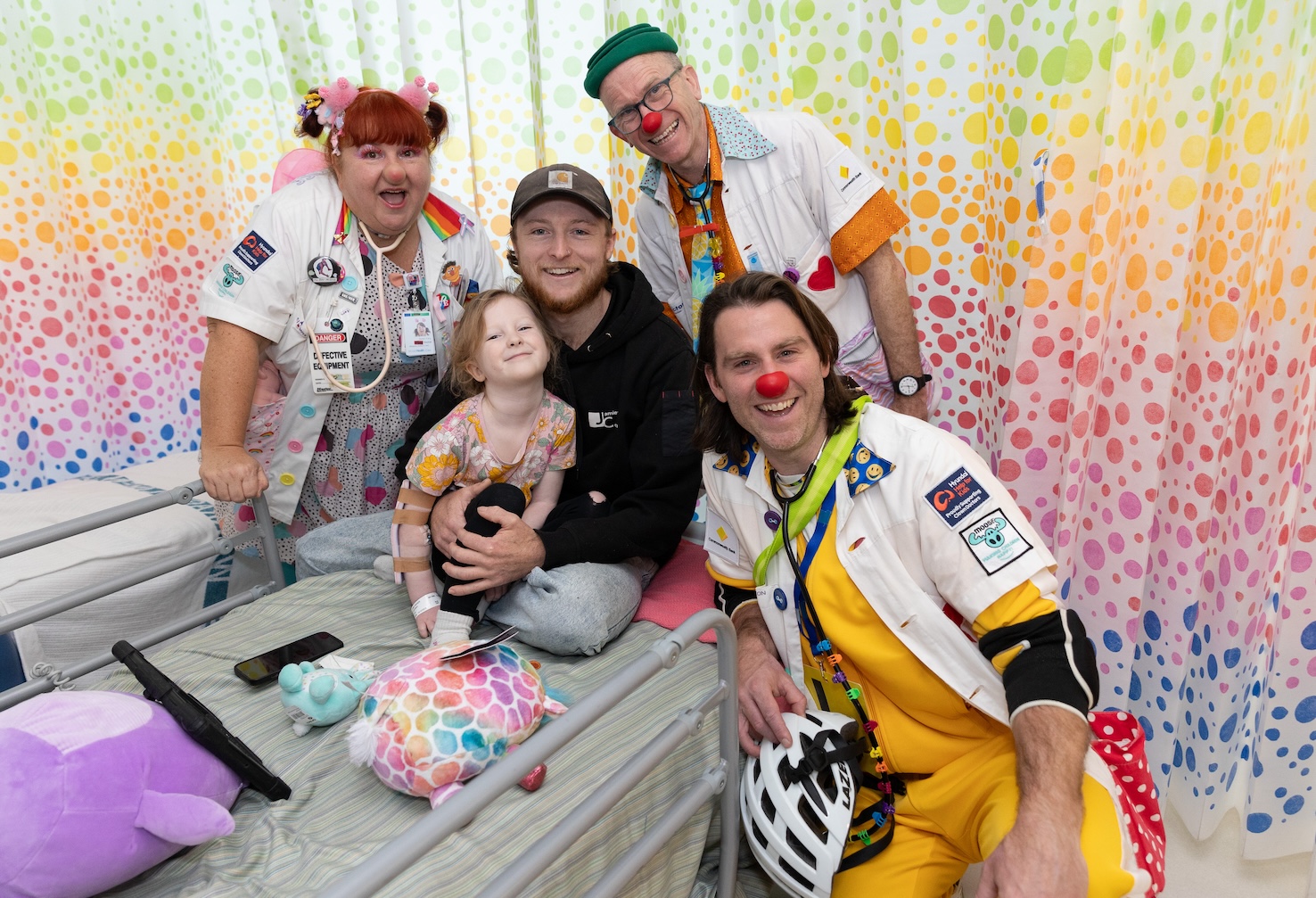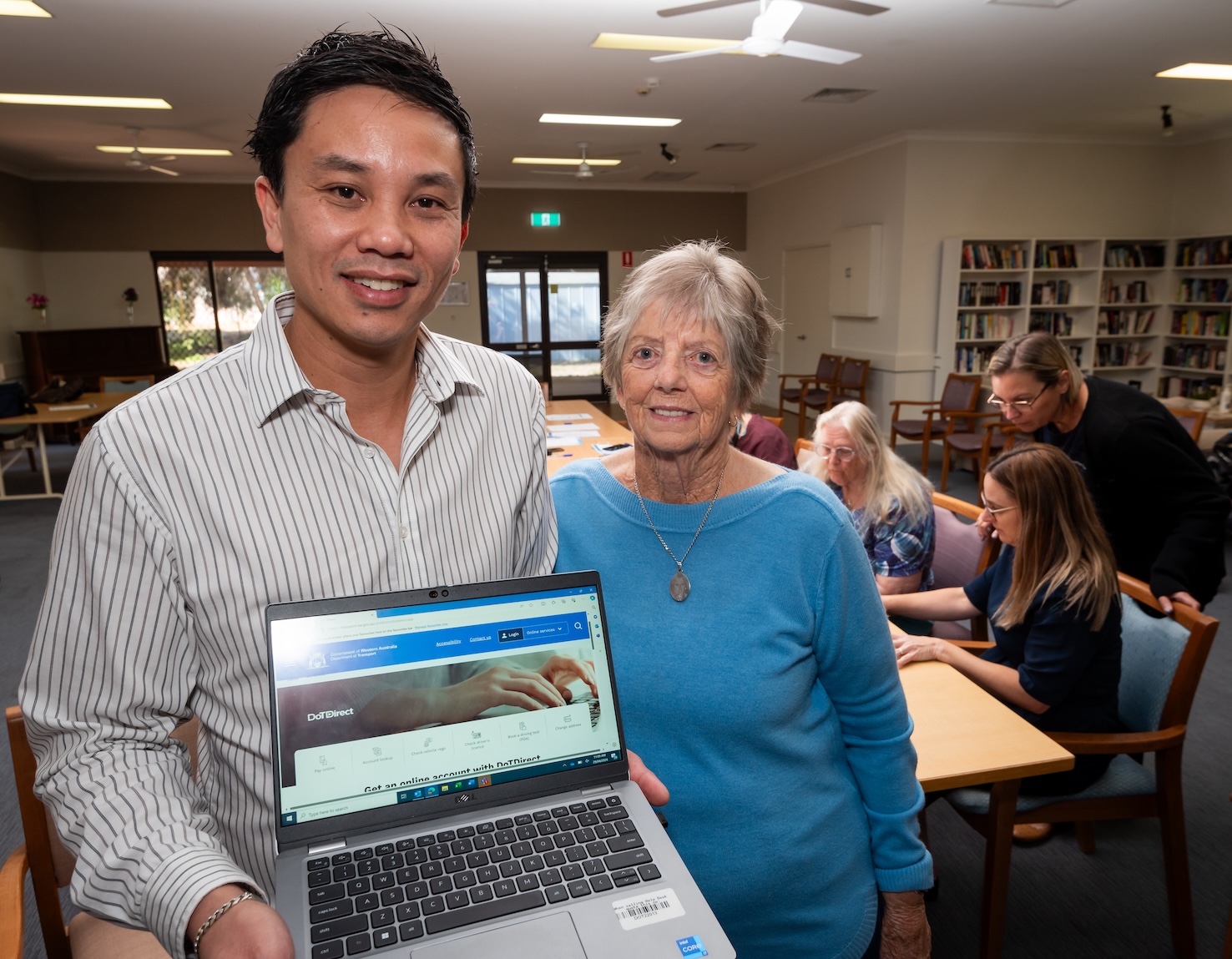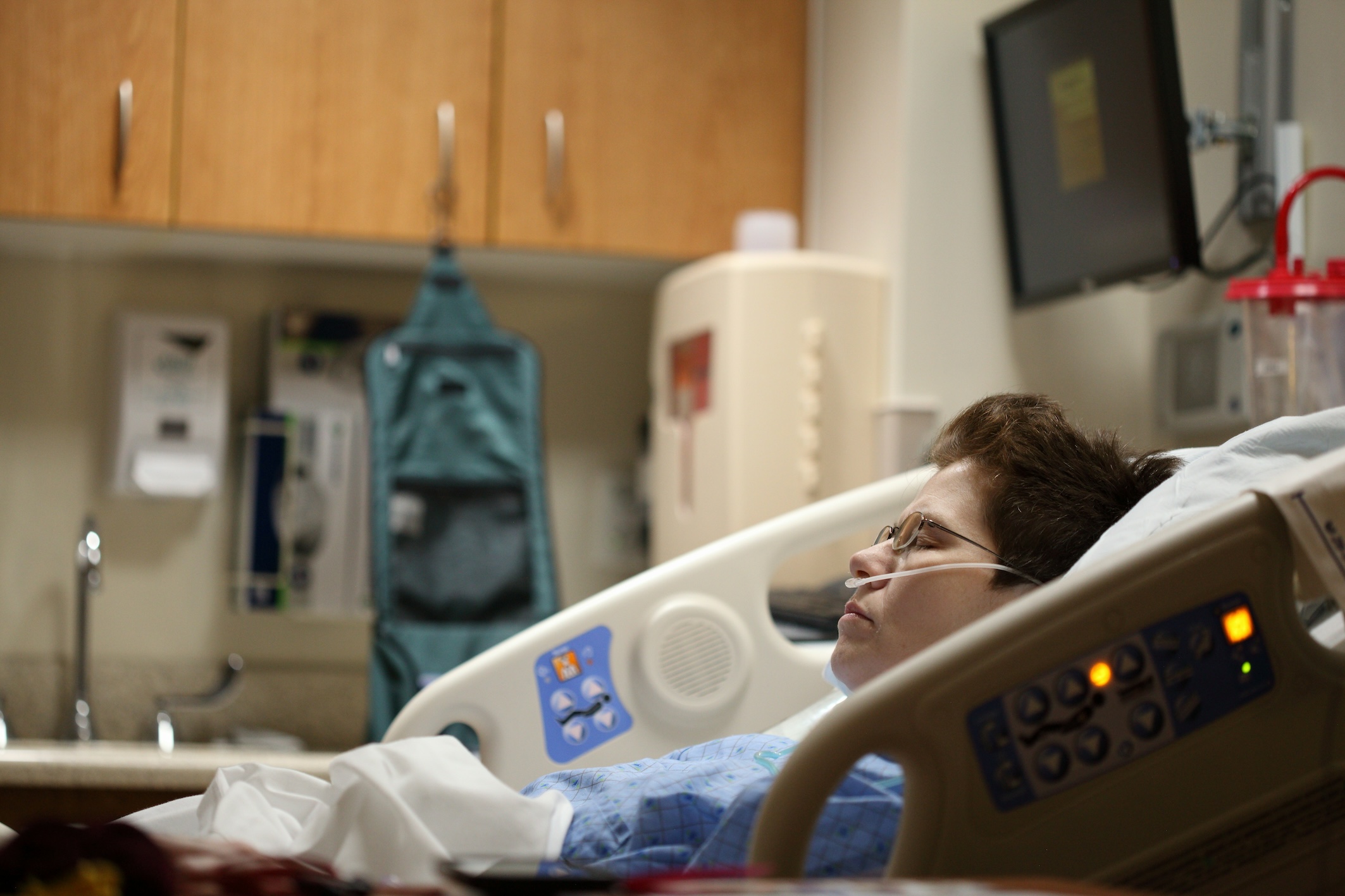Researchers at the University of Western Australia are looking for adults aged over 55 with insomnia to take part in a new study. There is no upper age limit.
Research supervisor, Dr Melissa Ree said effective insomnia treatment can help with a range of conditions.
“We know that poor sleep often leads to problems with mood, anxiety, stress, quality of life and functional impairment. The study will examine how insomnia treatment can improve mood,” she said.
“Participants need to be willing and able to engage in group therapy for poor sleep, using the recommended first line treatment CBT-I (Cognitive behavioural therapy for insomnia).”
Participants’ sleep patterns will be assessed via questionnaires, an interview and a sleep watch. They will also receive four sessions of free treatment at UWA’s Robin Winkler clinic.
Dr Ree said insomnia is a huge problem across the lifespan and its prevalence increases with age. Up to 20 per cent older adults have insomnia disorder, and up to half have symptoms of insomnia.
“Insomnia is not only unpleasant to live with but it can also have a large impact on daytime productivity, relationships, activity levels, moodiness and anxiety and can make people more prone to developing poor mental health.”
Sleep disorders are estimated to cost the Australian economy over $5 billion annual through associated medical conditions and reduced productivity.
“Insomnia is often treatable, with 70–80 per cent of people obtaining good benefit from Cognitive Behaviour Therapy,” said Dr Ree.
“Most people either don’t seek treatment, or take sleeping tablets such as temazepam which have several potential side-effects and questionable long-term efficacy.”
Dr Ree said this research isn’t testing a new treatment. Cognitive behavioural therapy is the recommended first-line treatment and has been shown to improve mental health outcomes in older people.
“In this study, we’re specifically looking at how CBT-I treatment can improve the mood of older adults. We’re hoping that by gaining a better understanding of how it has a positive impact on mood, that we can better understand how to improve therapies for depression.”
Have a Go News recently reported a trial by Dr Alex Sweetman and colleagues of Adelaide Institute for Sleep Health at Flinders University of Sleepio, an ap for treating insomnia by self-administered Cognitive Behaviour Therapy.
“Our study is an in-person format rather than online – participants physically attend the treatment in a group of three to eight people. They will also have their sleep assessed before treatment, after treatment and at three-month follow-up.”
“We’re not looking so much at whether CBT-I is effective, but rather the mechanisms that are at play in the way that treating insomnia improves mood,” said Dr Ree.
To learn more or sign up for the study, visit bit.ly/UWA_SleepMood.































